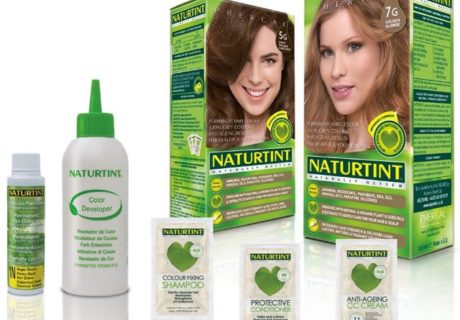In the first human clinical trial carried out on Ahiflower oil, researchers have confirmed that its consumption is safe and increases tissue long-chain n-3 fatty acid content to a greater extent than flaxseed oil.
Researchers from the University of Moncton, Canada, led by Dr Marc Surette, carried out a 28-day trial during which 40 healthy subjects aged from 18-65 were given 2tsps either Ahiflower oil or flaxseed oil daily.
Published in the Journal of Nutritional Science, the study found that Ahiflower oil boosted eicosapentaenoic acid (EPA) up to four times more than flaxseed oil. It also increased anti-inflammatory omega-6 dihomo-gamma linolenic acid (DGLA) in circulating cells, whereas overall DGLA declined among the subjects taking flaxseed oil.
The researchers wrote: “As the richest natural source of SDA [stearidonic acid], Ahiflower is the most effective non-genetically modified plant seed oil-based source of n-3 PUFA described to date. This is important because agriculturally-produced oils are renewable sources of dietary n-3 PUFA as opposed to fish oils, whose sustainability is questionable.
“Given the ability to enrich tissues in EPA and other long-chain n-3 PUFA following its consumption, Ahiflower oil represents an attractive alternative to current plant-sourced ALA-rich oils as a dietary source of n-3 PUFA.”
“Overall, no safety concerns were revealed following the consumption of 10ml per day of Ahiflower oil formulation for a period of four weeks,’ wrote the researchers.
Last year, Nature’s Crops International (NCI) was given the go-ahead from the EC to market its Ahiflower Oil, which is derived from the seeds of the Buglossoides arvensis, plant as a novel food ingredient.
Andrew Hebard, CEO of Natures Crops International, commented: “With the UK taking the lead in Ahiflower crop production and the first commercial dietary supplement product launches happening now in the US and EU, a peer-reviewed study explaining Ahiflower oil’s safety and benefits is very timely.”




